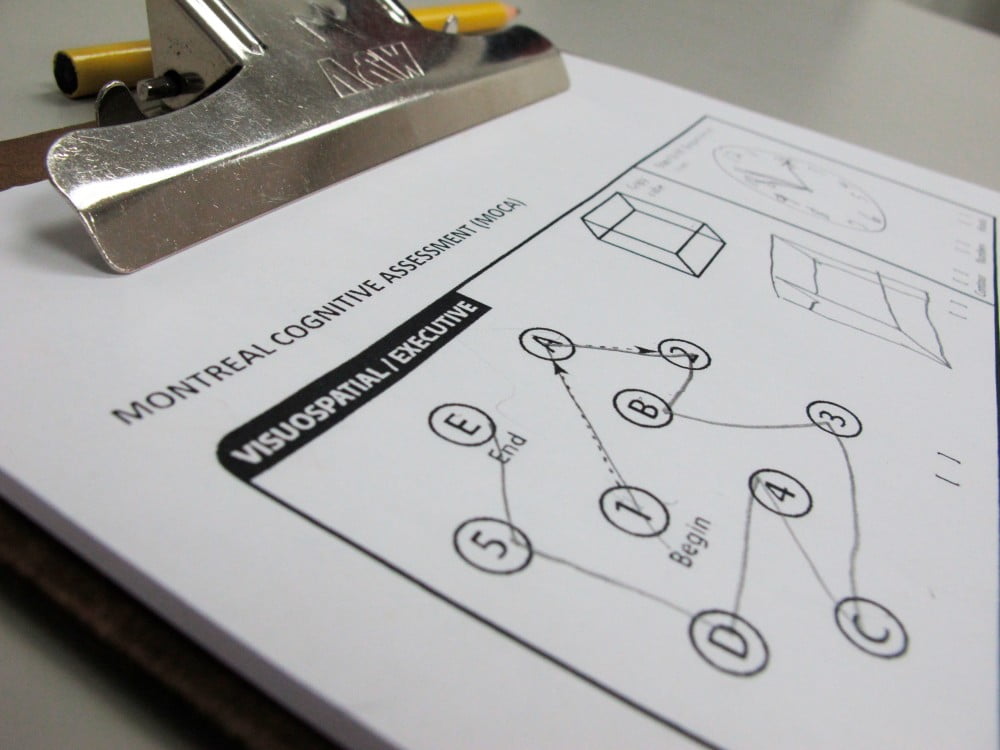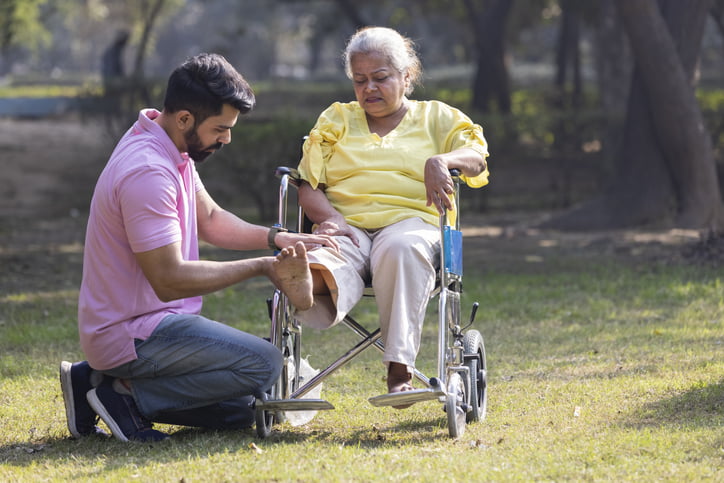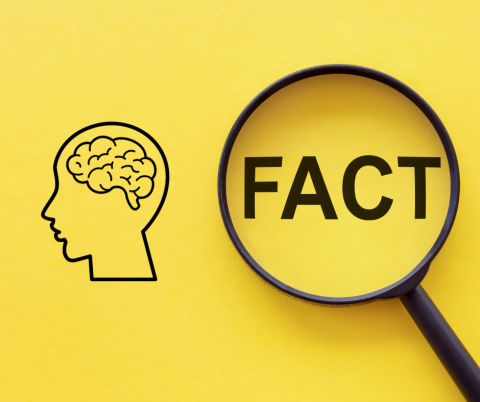Are you worried about changes in your memory or thinking skills? Or perhaps you’re a caregiver concerned about a loved one’s cognitive health? Cognitive ability assessment can provide valuable insights into your brain’s function. Let’s explore what these assessments are, why they’re important, and how they can help.
Why Would Someone Take a Cognitive Test?
Cognitive tests are like check-ups for your brain. They help doctors understand how well your mind is working. If you or a loved one is experiencing memory loss, confusion, or difficulty with daily tasks, a cognitive test can help determine if there’s an underlying issue, like dementia or Alzheimer’s disease. Early detection is key to managing these conditions effectively.
What Happens in a Cognitive Ability Assessment?
A cognitive ability assessment is a series of tasks and questions designed to evaluate different parts of your brain. These might include:
- Memory: Remembering lists of words or events.
- Attention: Focusing on a task and ignoring distractions.
- Language: Understanding and using words.
- Problem-solving: Finding solutions to puzzles or challenges.
These tests are usually done in a doctor’s office or a clinic.

What Is a Cognitive Test or Cognitive ability assessment for Dementia?
A cognitive test or cognitive ability assessment for dementia specifically looks for signs of cognitive decline related to dementia. It’s similar to a regular cognitive assessment but focuses on areas that are commonly affected by dementia.
Can You Explain What a Mini Mental Test for Dementia Is?
The Mini-Mental State Examination (MMSE) is a well-known cognitive test. It checks things like:
- Your ability to remember things
- How well you pay attention
- Your understanding of language
- Your ability to do basic math problems
- Your sense of where you are and what time it is
While the MMSE is helpful, it’s just one part of a complete evaluation.
What Is a Cognitive Impairment Test?
A cognitive impairment test is another name for a cognitive assessment. It’s any test that checks for problems with thinking, memory, or other mental skills.
What Is a Baseline Cognitive Ability Assessment For?
A baseline cognitive assessment is like a starting point. It shows how your brain is functioning at a particular time. Doctors can compare future tests to this baseline to see if there have been any changes.
Why Is Cognitive Ability Testing Important?
Early detection is crucial for managing cognitive decline. Cognitive tests can help:
- Identify problems early on
- Develop a treatment plan
- Provide support and resources
Catching issues early can make a big difference in quality of life.
What Questions Are on a Cognitive Test for Seniors?
The specific questions will vary, but cognitive tests often include:
- Questions about personal information (name, age, address)
- Tasks that test memory, like remembering a list of words
- Problems to solve
- Questions about language and understanding
What Is the Best Way to Assess an Older Person’s Cognitive Function?
The best way is through a comprehensive evaluation by a healthcare professional. They can use a combination of tests and consider your overall health to get a clear picture of your cognitive abilities.
What Is the Best Cognitive Assessment for the Elderly?
The Montreal Cognitive Assessment (MoCA) is often used. It covers a wide range of cognitive skills and is good at detecting mild cognitive impairment.
Why Is Cognitive Assessment Important in the Elderly?
As we age, our brains change. Cognitive assessments help us understand these changes and identify any concerns early on.
What Are the Cognitive Developments in Old Age?
Some mental abilities might decline as we age, like memory and processing speed. But other skills, like vocabulary and knowledge, can stay strong or even improve.
What Are the 30 Questions on a Cognitive Test?
The MMSE is a common 30-question test. It covers areas like memory, attention, language, and orientation.
What Is the 2 Finger Test in Dementia?
The 2-finger test is a simple check to see if someone can follow instructions. It’s not a definitive test for dementia but can be part of a larger evaluation.
Which Three Common Conditions Affect Cognitive Function in Older Adults?
Three common conditions that affect cognitive function are:
- Alzheimer’s disease
- Vascular dementia
- Lewy body dementia
Each condition has different symptoms and causes.
What Is the 5 Word Memory Test?
The 5 word memory test is a simple yet effective tool used by healthcare professionals to assess short-term memory. The individual is given a list of five unrelated words (such as “apple,” “table,” “car,” “blue,” and “happy”) to remember. After a short delay, they are asked to recall these words. This test helps determine if there are any difficulties with immediate recall and memory retention.
What Is One of the First Signs of Cognitive Decline?
Memory loss is often one of the earliest noticeable signs of cognitive decline. It typically manifests as difficulty remembering recent events, conversations, or appointments. Other early indicators include:
- Difficulty with familiar tasks: Struggling with tasks that were once routine, like paying bills or following a recipe.
- Language problems: Trouble finding the right words, understanding what others are saying, or expressing thoughts clearly.
- Changes in mood or behavior: Becoming easily irritated, anxious, or withdrawn.
What Are the Three Words Used in a Dementia Test?
The specific words used in a dementia test can vary, but they are typically common, everyday nouns that are easy to remember. Examples include “apple,” “house,” and “dog.” The goal is to assess the individual’s ability to learn and retain new information, which is a key cognitive function affected by dementia.

What Is the 12 Question Test for Dementia?
While there isn’t a standardized 12-question test specifically for dementia, there are various short cognitive screening tools that consist of around 12 questions. These assessments typically evaluate different cognitive domains, such as:
- Orientation (knowing the date, time, and location)
- Attention and concentration (following simple commands, performing calculations)
- Memory (recalling recent events or information)
- Language (naming objects, repeating phrases)
- Visual-spatial skills (copying simple geometric shapes)
These brief assessments can help identify individuals who may require further evaluation for dementia.
What Is the Most Common Cognitive Impairment in Older Adults?
Mild cognitive impairment (MCI) is the most common type of cognitive impairment in older adults. This condition means a person has more memory problems or thinking difficulties than normal for their age, but these issues aren’t severe enough to interfere with daily life. While MCI doesn’t always lead to dementia, it’s important to be aware of the signs and to consult with a healthcare professional if you or a loved one experiences noticeable changes in cognitive function.
Early detection of MCI is crucial for managing symptoms and potentially slowing cognitive decline.
Try Ivory’s Cognitive Health Checkup
If you’re over 40, it’s time to prioritize your brain health with our Cognitive Health Checkup.
- Designed by Top Neuro Experts: Created by neuroscientists and neuropsychologists with 60+ years of combined experience, Ivory’s Cognitive Health Checkup is based on 20 years of research.
- Neuroscience-backed Assessments: Our Cognitive Health Checkup uses simple games and assessments to identify your cognitive strengths and areas for improvement, covering memory, attention, and problem-solving skills.
- Health & Lifestyle Screening: We assess key health metrics like blood pressure, blood sugar, and lipid profile to identify all possible risk factors affecting cognitive health.
- Neuro-counsellor Consultation: Receive a personalized one-on-one session with a neuro-counsellor to discuss your results and understand your cognitive health checkup profile and risk factors.
- Personalized Recommendations: Get a 360-degree summary of your cognitive profile with personalized recommendations to address modifiable risk factors and maintain cognitive health.
If you’re over 40, it’s time to prioritize your brain health with our Cognitive Health Checkup.
Schedule your checkup today and take the first step towards better brain health.
Book Your Cognitive Health Checkup Now!
Early signs of cognitive decline can include memory loss, difficulty with familiar tasks, challenges with language, changes in mood or behaviour, and disorientation. It’s important to note that normal age-related forgetfulness is different from cognitive decline.
The frequency of cognitive assessments depends on several factors, including overall health, family history, and presence of risk factors. Regular check-ups with a healthcare provider are essential, and cognitive assessments might be recommended annually or more frequently if concerns arise.
Various cognitive tests are used for diagnosing dementia, including the Mini-Mental State Examination (MMSE), Montreal Cognitive Assessment (MoCA), and neuropsychological evaluations. These tests assess memory, attention, language, problem-solving, and other cognitive functions.
Families can support their loved ones by accompanying them to appointments, providing encouragement, and communicating openly with healthcare providers. Understanding the assessment process and offering emotional support can significantly help during this time.
Several lifestyle factors contribute to cognitive health, including regular physical exercise, a balanced diet, mental stimulation (like puzzles or learning new skills), adequate sleep, social interaction, and managing chronic health conditions.
While online cognitive assessment tools can be helpful for general screening, they cannot replace in-person evaluations by healthcare professionals. These tools should be used as supplementary resources and not for diagnosis.
Cognitive assessments for Alzheimer’s and other dementias share similarities but also have specific features. For example, Alzheimer’s assessments often focus on memory decline, while frontotemporal dementia might emphasize changes in behavior and personality.
A healthy diet rich in antioxidants and nutrients supports brain health. Regular physical exercise improves blood flow to the brain, which is essential for cognitive function. Both nutrition and exercise play crucial roles in preventing cognitive decline.
Cognitive training exercises can help improve cognitive function in some individuals, especially when combined with other healthy lifestyle factors. However, the effectiveness of these exercises varies, and more research is needed to determine their long-term benefits.
If a cognitive assessment indicates impairment, it’s essential to seek further evaluation from a healthcare professional to determine the underlying cause. Developing a comprehensive care plan involving medical, psychological, and social support is crucial for managing the condition effectively.




